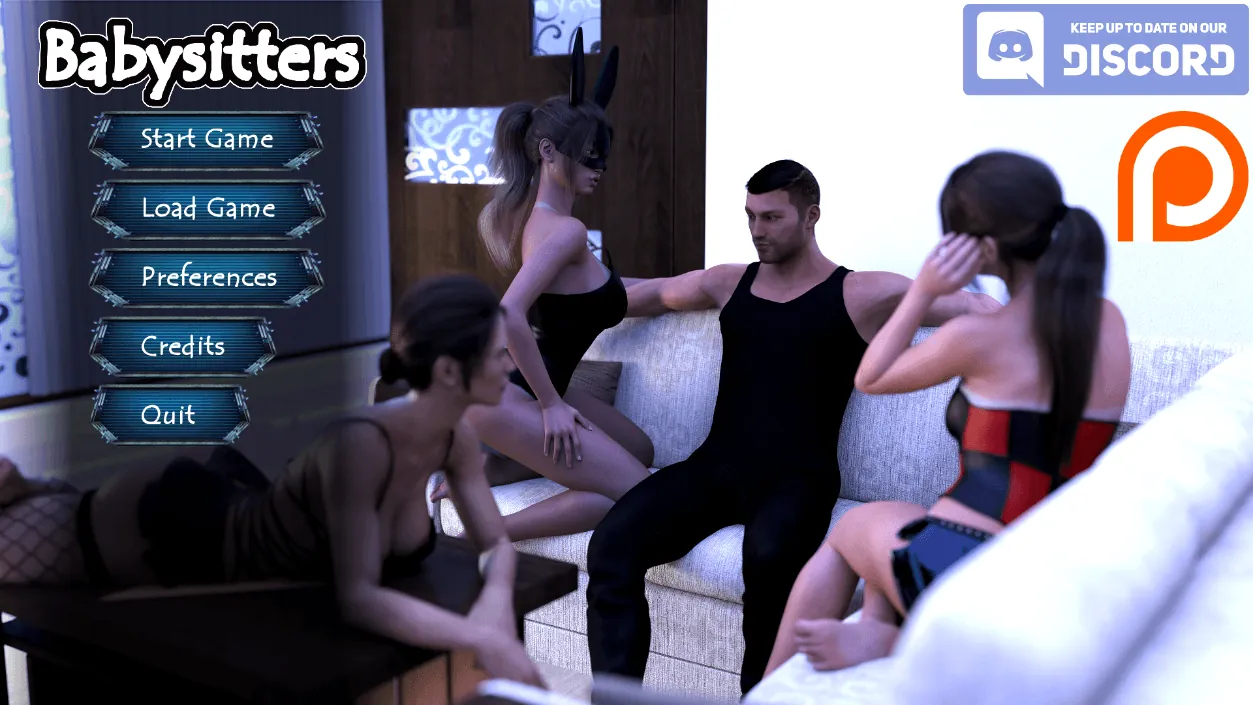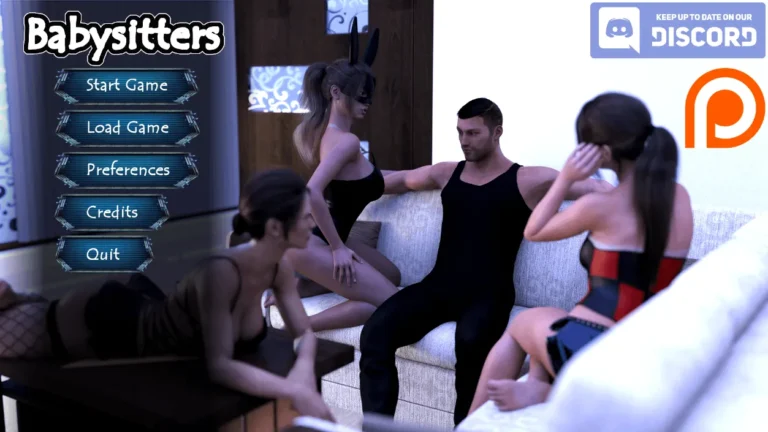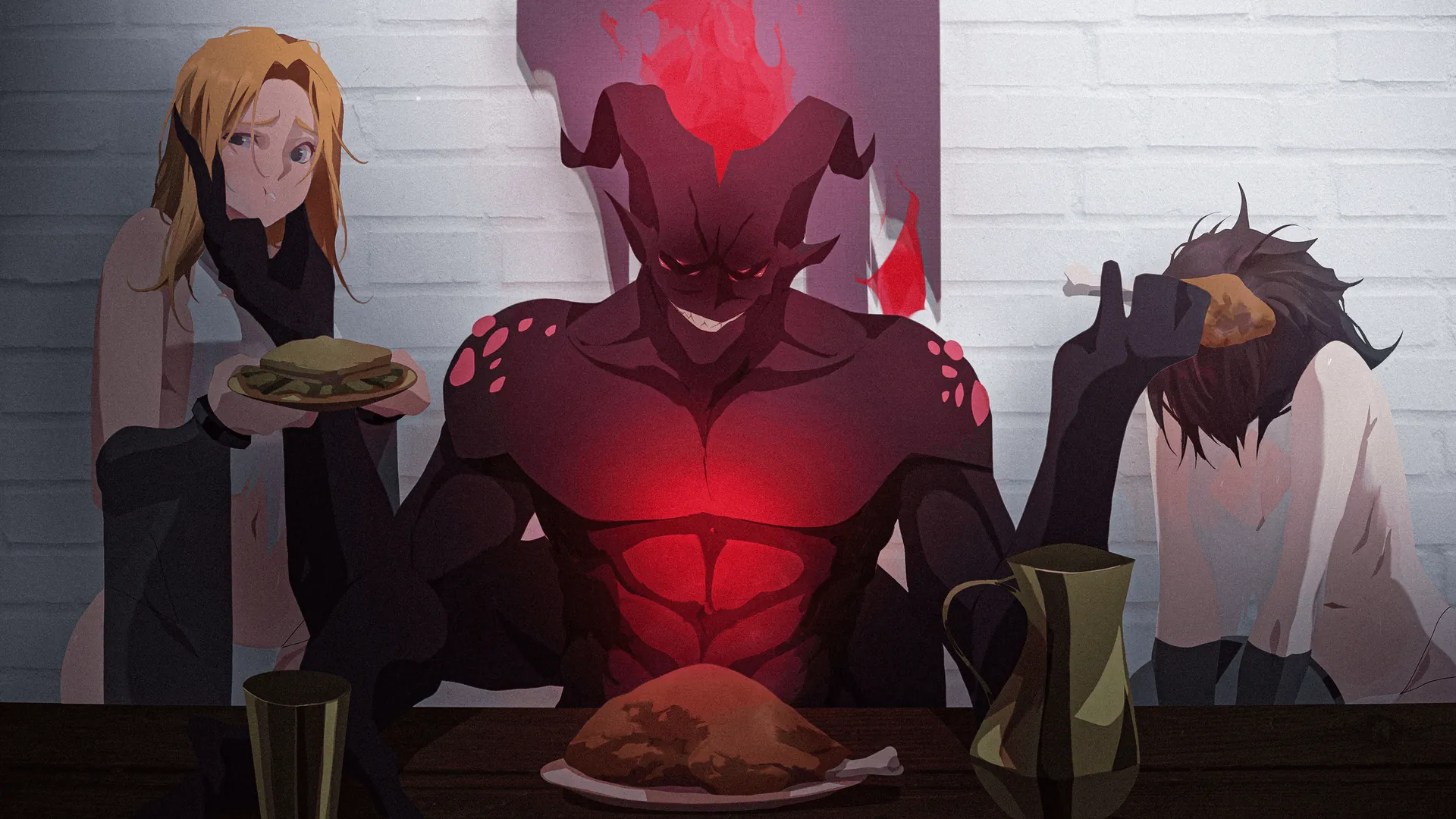
Babysitters
Play Babysitters
Babysitters review
A Deep Dive into Gameplay Mechanics and Player Experiences
The interactive narrative game centered around childcare scenarios has sparked significant discussion in gaming communities. This analysis examines its unique blend of responsibility simulations and complex character dynamics, exploring how it balances storytelling with player agency. While not suitable for all audiences, its approach to choice-driven narratives offers insights into modern gaming trends.
Game Structure and Narrative Design
Branching Storyline Architecture 🎮✨
Picture this: You’re playing Babysitters, staring at a dialogue option that could either save a friendship or blow up your entire playthrough. Your palms sweat. You hesitate. This is the magic of branching narrative paths—a system where every choice feels like tossing a pebble into a pond, creating ripples you’ll feel hours later.
The game’s scenario-based gameplay throws you into 12 core story arcs, each with 3-5 major decision points that split the plot like forks in a dark forest. One walkthrough document revealed that choosing to cover for a friend’s lie in Chapter 3 unlocks a secret subplot about trust issues, while snitching sends the story spiraling into a bitter rivalry. 🕵️♀️💥 And get this—the average playthrough lasts 14 hours, but completionists report 32 hours to explore all endings. That’s like binge-watching two full TV series!
| Major Decision | Branch Outcome | % of Players Choosing |
|---|---|---|
| Protect Maya’s Secret | Unlocks loyalty subplot | 68% |
| Reveal Truth to Parents | Triggers confrontation arc | 32% |
| Sabotage Rival’s Plan | Leads to permanent feud | 41% |
What’s wild? Even tiny choices matter. Forgot to return a borrowed book in Chapter 2? That’ll haunt you in Chapter 7 when the character remembers your “selfishness.” It’s like real life, but with way better soundtrack options. 🎧🔥
Character Relationship Systems 💞📊
Let’s talk about the character affinity system—aka the reason you’ll restart the game six times to see if Jake finally likes you. Each interaction nudges invisible meters tracking trust, respect, and affection. Help Zoe with her homework? +5 Trust. Mock her crush? -10 Affection and a passive-aggressive text. 😬
But here’s the kicker: These meters don’t just unlock romance options. They reshape entire scenes. During my third playthrough, I maxed out Maya’s affinity early, which completely changed a key hospital scene—instead of blaming me for the accident, she defended my choices. Mind. Blown. 🤯
Pro Tip: Check the pause menu’s “Relationship Log” after big decisions. Tiny heart icons hint at whose affinity you’ve altered!
The system isn’t perfect, though. Some players argue it’s too “gamey”—why would a single snarky comment (-15 Affection!) make a character refuse to speak to you for three chapters? Still, watching these digital bonds evolve—or implode—is what makes replays irresistible.
Ethical Decision-Making Mechanics ⚖️👥
Now, let’s address the elephant in the room: Babysitters loves to trap you in ethical gameplay choices that’d make a philosophy major sweat. Should you expose a cheating classmate if it ruins their scholarship chances? Do you prioritize loyalty over honesty when covering up a party gone wrong?
The controversy? Certain scenarios flirt with very gray areas. One subplot forces you to choose between protecting a friend’s mental health or telling their parents about self-harm tendencies. Critics call it “exploitative”; fans praise its boldness. My take? It’s messy, raw, and uncomfortably real—like holding a mirror to your own morals. 🪞💔
But here’s the genius: There’s no “right” answer. The game tracks your ethical consistency across playthroughs, subtly shifting how NPCs treat you. Always play the hero? Characters become overly reliant on you. Lean into selfish choices? Watch alliances crumble when you actually need help.
So, is Babysitters worth the emotional rollercoaster? If you’re fed up with linear stories where choices don’t matter, this is your jam. Just brace yourself—it’s less a game and more a personality test with consequences. 🎢💻
Ready to see where your choices lead? Grab some snacks, save often, and maybe keep a therapy hotline on speed dial. You’ve been warned. 😉
This analysis reveals how the game pushes boundaries in interactive storytelling while raising important questions about content responsibility in gaming. As players continue debating its merits, developers should monitor community feedback for future projects. Those interested in narrative design innovations may find value in experiencing its choice systems firsthand.














